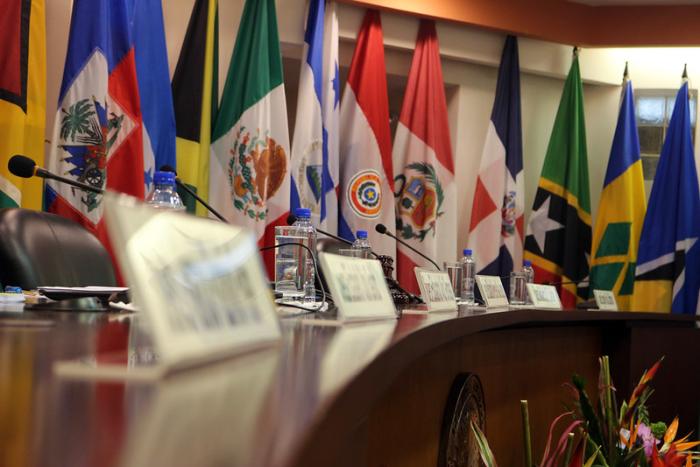Members of José Alvear Restrepo Lawyers’ Collective v Colombia
The Inter-American Court of Human Rights holds Colombia accountable for arbitrary intelligence activities against human rights defenders. PI filed an amicus in this case challenging the surveillance of human rights defenders in Colombia.
Name of case: Members of José Alvear Restrepo Lawyers’ Collective v Colombia
Court: Inter-American Court of Human Rights
Application no: Series C No 506
Status: closed
This case challenged arbitrary intelligence operations carried out by multiple state agencies against members of the “José Alvear Restrepo” Lawyers’ Collective Corporation (CAJAR) and their relatives, from the 1990s until at least 2005. These activities continued despite the implementation of Law 1621 of 2013, which aimed to regulate intelligence and counterintelligence functions.
The case challenged the systematic surveillance carried out against the José Alvear Restrepo Lawyers’ Collective (known as its acronym in Spanish, CAJAR), a non-governmental organisation led by lawyers who specialise in claimant-side human rights litigation in Colombia. The surveillance measures deployed against CAJAR forced members to limit their activities, change their domicile, and in extreme cases left them with no option but exile due to the acts of violence, threats, and harassment they suffered as a result of state intelligence operations.
Privacy International, alongside Article 19, Electronic Frontier Foundation, and Fundación Karisma, represented by the International Human Rights Law Clinic at the University of Berkeley, intervened in this case. In our joint intervention with we emphasized that this surveillance violates a spectrum of human rights, eroding the foundations of democratic societies.
We argued that the Intelligence Law 1612 (Intelligence Law adopted in 2013), often relied upon by the Colombian state to legitimise surveillance activities, does not explicitly authorise Colombian intelligence agencies to intercept private communications. As such, and in the absence of any other applicable legislation, any interception of communications carried out against CAJAR members lacked legal basis and was therefore unlawful.
On 18 October 2023, the Inter-American Court of Human Rights (IACtHR) issued a judgment declaring the Republic of Colombia internationally responsible for human rights violations against several members of the CAJAR and their relatives.
